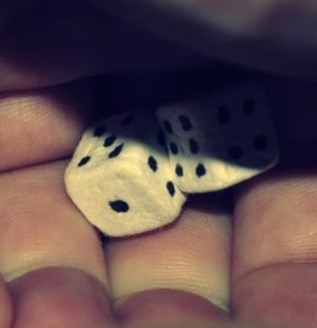By that I mean that the sheer number of coins that are expected to buy pretty much anything at mid-to-high levels is so absurd that it makes the old imagery of treasure chests full of the stuff feel not only underwhelming but burdensome.
If 50 coins equal one imperial pound, as the rulebooks typically state, you could just about melt down and hammer out a house or a boat approximating the prices in the book for such things. It gets even sillier when magic items are so obscenely priced yet at the same time a typical adventuring party picks up so many of them that they could, materialistically speaking, pull a Mansa Munsa on any quasi-medieval economy if such items are really priced that highly where a hand-me-down magic protection ring could set up a peasant in endless luxury for life.
I don’t try to fix all of that mess, but I do tend to use a house rule where coins have as much written buying power as 100x the listed prices for most things, and the coins found in a listed lair are reduced by to 1/100th of the listed values, which also keeps coppers, silvers, and electrum relevant a lot longer. As long as all the players remember the conversion tables and don’t forget them in a way that fucks up the bookkeeping, it works pretty well.
How about the rest of you? :d20:


A bunch of the Old School Renaissance games made the silver piece the standard so that gold was an exponent of 10 rather than the other way around. Ultimately though it’s up to the GM to control prices for things in-game and decide if something is sellable at all.
RuneQuest made the silver piece the standard of trade - and that was in 1978!
Because that’s what it was back in medieval times. No idea why medieval history freak Gygax dropped the ball on that one. Gold was only used by merchants to settle accounts amongst themselves, or by nobles to hoard wealth.